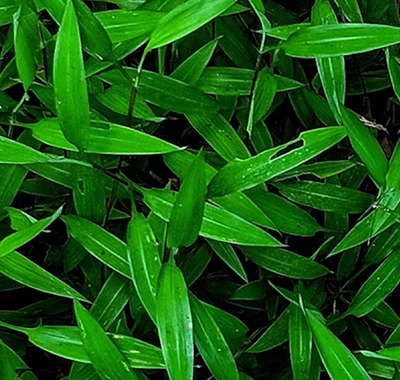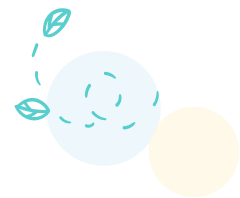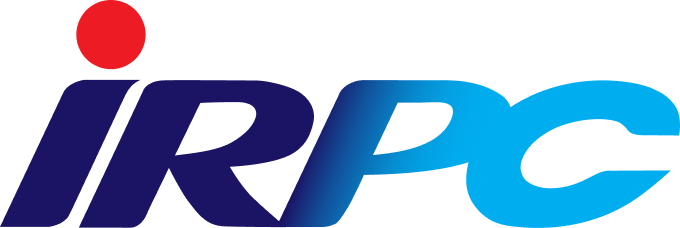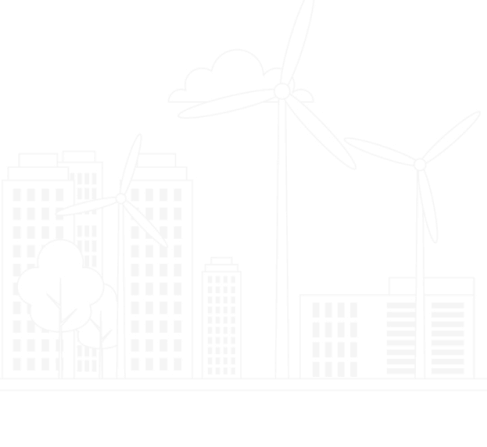through innovative solutions and value chain management, optimizing resource efficiency and transforming waste into value



IRPC’s circular-economy initiatives are guided by the IRPC Going Circular framework, which aims to minimize waste and create value. The framework highlights 5 key focus areas: eco-design products, environmentally friendly processes, campaigns to inspire behavior change, waste management, and innovative upcycling or recycling solutions. These initiatives are driven by a strong foundation of understanding and communication, collaboration through public-private partnerships, and robust sustainability mechanisms.
In evaluating the extent of implementing circular economy principles, IRPC, as part of the PTT Group, refers to BSI Standard (BS 8001:2017) for self-assessment to determine the level of circularity maturity. This iterative process helps to provide insights into the organization’s current state of application and commitment to circular economy principles. Moreover, it serves as a catalyst for fostering continuous improvement and progress within the organization.

- Circular Economy Roadmap and Key Activities
- Circular Economy Working Structure
- Circular Economy Project Implementation
Circular Economy Roadmap and Key Activities
In action, IRPC has developed a roadmap to transition from an extractive model to a sustainable, circular approach. This begins with assessing current practices, establishing baseline metrics, and engaging stakeholders to build awareness and support.
This is followed by setting policies, providing training, and driving innovation in recycling to enhance resource efficiency. Efforts then focus on optimizing material use, reducing waste, and designing products for greater recyclability and extended lifespans. IRPC aims to invest in advanced recycling technologies, extend product life cycles through refurbishment programs, and fully integrate circular principles across the supply chain.

Circular Economy Working Structure
To ensure the successful implementation of this roadmap, IRPC will establish a cross-functional circular economy working group. This team will bring together experts from various departments to drive the adoption of circular economy practices, foster innovation, and integrate sustainable solutions across the organization. By combining diverse expertise, the working group will play a crucial role in advancing IRPC’s circular economy goals, ensuring that each phase of the roadmap is effectively executed and aligned with the Company’s broader sustainability vision.

Circular Economy Project Implementation
IRPC continued to implement projects aimed at optimizing the reuse of waste plastic and integrating circular practices into product design and development through collaborations with various partners. Key highlights of these projects include:
FIT Auto Project
The Company collaborated with PTTOR through the retail shop business and FIT AUTO outlets to develop plastic pellets from used packaging materials and natural material mixtures. These pellets are used to create furniture and decorative items for retail shops and offices, including recycled polypropylene (r-PP) from used oil drums mixed with rice husks, which is repurposed furniture in FIT Auto service centers. The initiative is set to expand to 6 additional branches.


Boon Rawd Project
IRPC has collaborated with PTT and Boon Rawd Brewery Co., Ltd. on a joint project to develop innovations that upcycle waste materials into returnable products, aligning with Circular Economy principles. The project focuses on recycling plastic waste such as r-PET and r-HDPE from Singha water bottles and other sources to produce water crates and returnable soda bottles. Additionally, r-HDPE mixed with beer residue is repurposed into pallets for
transporting goods. This collaboration aims to use resources efficiently and sustainably, while reducing environmental impact.
BBQ Plaza Project
The BBQ Plaza project repurposes melamine food containers mixed with rice husks and scrap materials to create counter materials for BBQ Plaza restaurants. This initiative promotes sustainability by reusing waste materials in the production of new items for the business.


Beger Project
The Beger Project involves repurposing old paint cans used in the ONE Bangkok project and other sources. Made from IRPC’s PP-2500M pellets, these cans are recycled and transformed into new paint cans for reuse, contributing to the efficient use of materials and supporting recycling efforts.
Wear the Change Project
The “Wear the Change” project aims to raise awareness among employees by encouraging them to repurpose old, unused shirts into new Net Zero polo shirts. These new shirts are then distributed to employees who participate in the organization’s sustainability activities.


Joint Project with SITEX
IRPC, in collaboration with SITEX Industry Corporation Limited, is advancing the Zero Plastic Waste initiative under the ECO Solution model by managing the entire plastic production chain in a closed-loop system. This process ensures efficient recycling of plastic waste, with SITEX utilizing IRPC’s Eco-system platform GEPP to accurately track and manage plastic waste within their factory.
The partnership also includes using IRPC’s ECO-PRO polypropylene pellets in the production of drinking cups, which are fully recyclable and meet environmental standards. SITEX’s efforts have contributed to a significant reduction in greenhouse gas emissions and have earned them recognition for their sustainability practices.
POLIMAXX x NAMECO
POLIMAXX and Nameco, an environmentally conscious plastic brand, have joined forces to develop products that minimize plastic usage during production. By incorporating eggshells into the plastic resin mixture, combined with PP and recycled PP (PCR) pellets, this innovative approach reduces the reliance on new plastic by over 70%, while also contributing to a reduction in carbon footprints. The unique benefits of eggshells extend beyond reducing plastic usage; they also provide a natural aesthetic and contain calcium, which enhances the strength of the products. Furthermore, these products are biodegradable when buried, do not contribute to microplastics, and are recyclable, further supporting sustainability.


POLIMAXX x Qualy: Eco-Friendly Gardening Tools for Sustainability
POLIMAXX has partnered with QUALY, a globally recognized Thai brand, to leverage the strength of design in enhancing quality of life while promoting environmental sustainability. The collaboration has resulted in the creation of the Swan Watering Can, made from recycled PP plastic, and the Rabbit Soil Scoop, crafted from Green ABS plastic. These products are part of POLIMAXX’s ECO-PRO line, certifying their environmentally friendly properties and energy-efficient production process.
POLIMAXX x Beko (Thai)
POLIMAXX has partnered with Beko Thai Co., Ltd., a subsidiary of Arcelik, a leading European household appliance manufacturer based in Turkey, to reduce plastic usage in production by incorporating agricultural waste, such as rice husks, into polypropylene (PP) pellets. The resulting material is then used to produce plastic parts for refrigerators, such as egg trays.


